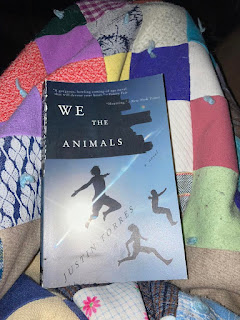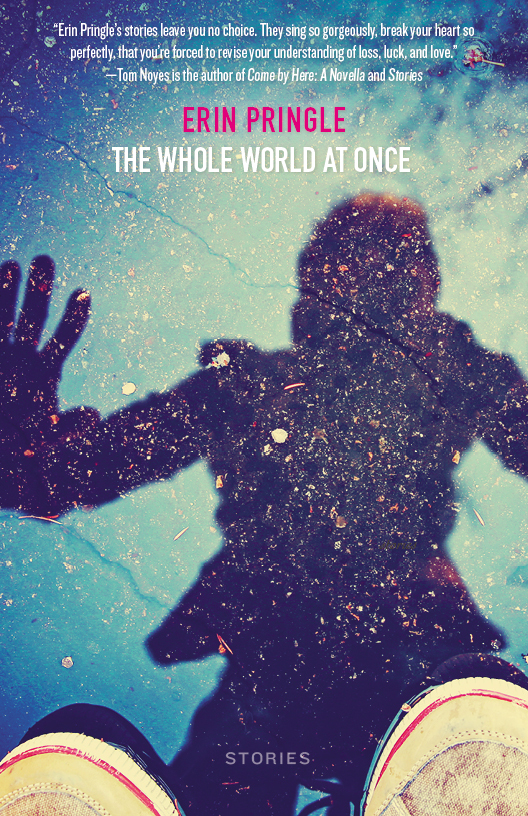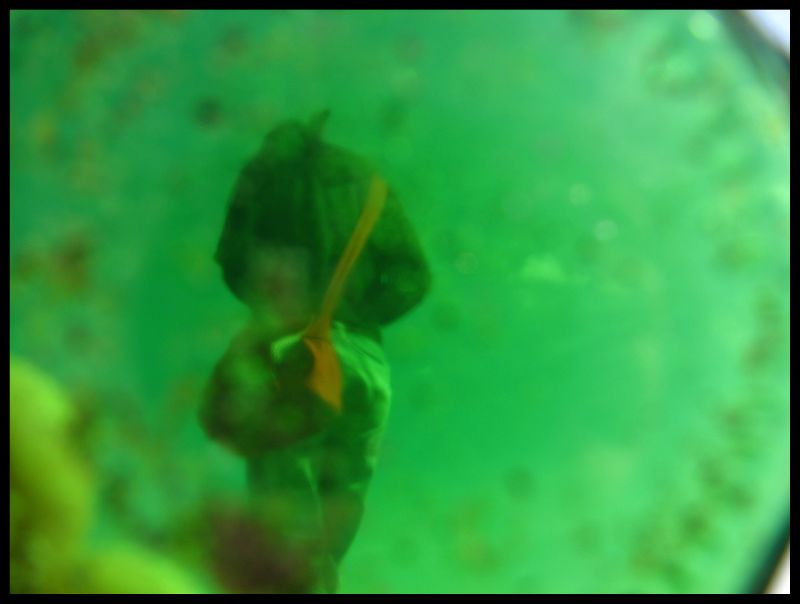After reading Shirley Jackson’s novel We Have Always Lived in the Castle, I looked for more of her work at my favorite bookstore Giant Nerd Books in Spokane. They didn't have any, so when I returned the next week, I was delighted to find four books of her books waiting. What a wonderful bookstore! So, I figured I ought to start fulfilling my part of the request and purchase Dark Tales—which I quickly devoured. In fact, at times, I would be reading and think how I ought to slow down. Or that it would be so nice to be finished with the book so that I could reread it with the second eye that brings so much more out. Suddenly, my first reading became a preliminary run.
In my book, that's a sign of an excellent book.
Dark Tales by Shirley Jackson is a selection of stories from her previous collections and several unpublished works. The book is fantastic, every story a careful and ingenious work of art. If I’d realized upon purchase that the book wasn’t one of her original collections, I likely would have paused to read her collection The Lottery, which is already in my queue. Regardless, I will enjoy encountering these stories again, whether by rereading this collection or stumbling upon them in the collections she gathered during her lifetime. I will not keep you in suspense: this is definitely a book to read, no matter your preferred genre or style.
Every. Single. Story. Is. Fantastic.
The stories range from first-person to third-person, but the majority of them are told in third. The ordering of the stories is well done—each story complementing the one before it, whether in tone, subject matter, speed, or length.
All of the stories turn in the end, usually in an unexpected but earned way—much like the episodes in Twilight Zone. She very much could have written for the program, and one can easily imagine Shirley Jackson and Rod Sterling sitting by a fireplace trading cigarettes and stories.
In these “dark” tales, dark stands in for strange, unexpected, slanted. None are gory or gross, none are horror or require nail-biting in suspense. No, these are almost like illusions—where one expects ground, it turns out to be the reflection of ground—where one reaches into a hat for a rabbit and pulls out a smile.
Because the stories absolutely function on the way they twist, I’ll simply note a few favorites and leave the rest to come alive to haunt you.
My absolute favorite is “Louisa, Please Come Home,” the story told by a young woman about how she ran away, how very well she planned it, and how all worked out swimmingly—from taking the bus instead of walking, to purchasing a plain raincoat that looked like anyone’s raincoat, to wandering the bus station late at night with other college-aged girls. Her trick, she believes, is to imagine herself as others like her and then to think like them. She finds a room in a house to rent and follows the news of her disappearance, which varies from kidnapping to murder. In one poignant moment, she and her landlady are having breakfast and the girl’s picture is in the newspaper. The girl remarks that she looks a lot like the picture, and her landlady waves her off and says not to be so self-absorbed. Ha! But it is not simply the telling of a well-executed plan but an exploration into the anonymity we all experience without trying:
“It’s funny how no one pays any attention to you at all. There were hundreds of people who saw me that day, and even a sailor who tried to pick me up in the movie, and yet no one really saw me.”
This not-seeing—this fact of our being like so many others—becomes a terrifying reality toward the story’s end.
In another story, “The Story We Used to Tell,” two friends find themselves transported from a house into an old picture of the house. When the first friend disappears, she is searched for but the case of her whereabouts soon abandoned. Her friend insists that a few more days be given before giving up and that night she sleeps in her friend’s bedroom:
“The full moon had turned into a lopsided creature, but there was still moonlight enough to fill the room with a haunted light when I lay down in Y’s bed, looking into the empty windows in the picture of a house. I fell asleep thinking miserably of Y’s cheerful conviction that the old man was loose in the picture, plotting improvements.”
When the friend also becomes consumed by the picture, she and her friend encounter a strange dancing couple who harass them and dance with them. This story is one of the darker visions in the book and is threaded with vivid, nightmarish imagery with a turn at the end that invites, if not requires, the reader to begin again.
Many times, I felt myself hearkening back to Patricia Highsmith's Collected Stories because of the variety in this collection and its particular focus on the house as an intimate space, such as the story of Highsmith's in which a young woman is tidying her house for her sister's visit, or in another in which a person continually buys parakeets and gives them to all the people who post "lost parakeet" signs in the city. All seems fine but nothing is actually fine.
In Dark Tales, Jackson walks Jack the Ripper into a bar, playing the role of a man worried about a girl slumped drunk in an alley; in another story, a wife imprisoned in her bedroom by a jealous husband has accepted her fate; in a short but memorable story about a college girl stealing small objects from her roommates, the ironic importance secrets play in creating community becomes laid bare.
All told, these are stories to be told again. They are all quite readable, the style consistently beautiful but clear, the insights sudden and thought-stopping, and the variety of tales makes for a well-rounded trip through the halls of Jackson’s stories. I recommend Dark Tales this in every way and would hope the book or any one of its tales be included in literature classes. None of Jackson’s work appeared in any undergraduate or graduate literature course I took, though clearly should have—this is simply, and unquestionably, writing of the highest caliber.
🕮




.jpg)

.jpg)

















